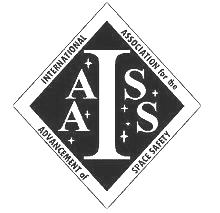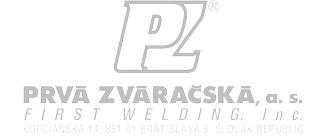Ongoing projects:
ESA Contract Number 4000137299/22/NL/SC – Formulation and Assessment of Multi-Agent Active Debris Removal Application
- started: 03/2022
- expected finish: 01/2024
- finalized milestones: 2 of 3
- as main contractor in cooperation with:
- Astros Solutions s.r.o.
- The International Association for the Advancement of Space Safety (IAASS)
- Faculty of Electrical Engineering and Information Technology of STU in Bratislava



ESA Constract Number 4000141916/23/NL/MH/rp – Feasibility Study of Contact Capacitor Discharge Welding Gear for In-orbit and Lunar Applications
- The objective is to evaluate the feasibility of using a Contact Capacitor Discharge Stud (CCDS) Welding procedure as a generic technology with potential future use for in-orbit space craft servicing or in-orbit assembly/manufacture. The feasibility will be assessed via performance testing of weld procedures in vacuum conditions on a breadboard model (requirement formulations, preliminary configuration of the capture gear based on CCDS welding procedure, conceptual design of laboratory model, design of the laboratory model, manufacturing, assembly and preparation for testing, testing and analysis)
- started: 03/2023
- expected finish: 12/2024
- finalized milestones: 0 of 3
- as subcontractor in cooperation with:
- Institute of Materials and Machine Mechanics, Slovak Academy of Sciences
- Prvá zváračská a.s. / First welding company Inc.


Submitted/awaiting decision:
APVV-23-0469 – Simulations for Intelligent Multi-agent Autonomous Operations in Space
Projects primary objective is to enhance in-orbit servicing missions by employing AI-driven multi-agent systems, focusing on seamless, autonomous, and precise space operations. Its key focus areas include the development of AI algorithms, optimized for in-orbit servicing that prioritize precision, adaptability, and inter-agent collaboration. A significant aspect of the project is the design of communication protocols and decision-making mechanisms, aimed at establishing efficient swarm dynamics. There’s a strong emphasis on customizing AI algorithms to fit specific roles such as inspection, repair, and maintenance, ensuring optimized performance. Another critical component is the creation of realistic space-mirroring simulation models, designed for the testing and validation of the AI algorithms. An integral part of the project involves the documentation and dissemination of knowledge, focusing on recording findings, algorithm performance, and lessons learned for wider community engagement and practical application. The project aims to provide customized AI solutions suitable for various agent roles and a comprehensive simulation environment for extensive testing of space missions. The methodology of the project is grounded in employing state-of-the-art AI techniques, including machine learning, deep learning, and reinforcement learning. It also involves developing communication protocols and decentralized decision-making mechanisms, and designing a realistic simulation environment that incorporates space physics, agent behaviors, and sensor simulations. Complementing these technical aspects is the commitment to documentation and knowledge sharing.
- submitted: 24.11.2023
- cooperation: Insitute of Informatics, Slovak Academy of Sciences
- project start: 01.07.2024 (in case of successful evaluation)
- project duration: 18 months

APVV-23-0486 – Technological aspects of CCDS welding for painted Space Grade Alloys including Automatic visual-based NDT for In-Orbit Manufacturing and Assembly
Managing space debris is a crucial aspect of space activity. The issue of space debris poses a collision risk for active space probes and satellites. Therefore, international efforts are being made to develop technologies and procedures to minimize and control space debris. Slovakia is part of the EU Program for Space Surveillance and Tracking (EU SST) and is involved through the company Space scAvengers, Ltd. in exploring the possibility of creating a universal docking interface for space debris using a connector that enables its manipulation. Institute of Materials and Machine Mechanics of Slovak Academy of Sciences, PRI (IMSAS) collaborates with the company Space scAvengers, Ltd. within the ESA project of the 7 PECS SVK call, where IMSAS is the principal investigator, focusing on the potential use of Contact Capacitor Discharge Stud Welding (CCDS) in space. The concept of the proposed APVV project is based on the results of joint projects, and further collaboration between these two organizations in this area will also have significant scientific importance for Slovakia’s space strategy. The CCDS technology could potentially be used in the development of systems for the removal or mitigation of space debris. Therefore, the main goal of the project will be to explore and optimize the CCDS method directly on the surface – treated material used for space debris. Specifically, the project will focus on parts of rockets m ade of aluminium alloys. Subsequently, a unique modern method of visual inspection of weld joints will be proposed, designed to function in the conditions existing in orbit. The project’s ambition is not only to adapt existing technology but also to elevate it to meet all critical space requirements.
- submitted: 24.11.2023
- cooperation: Insitute of Materials and Machine Mechanics, Slovak Academy of Sciences
- project start: 01.07.2024 (in case of successful evaluation)
- project duration: 36 months

09I03-03-V04-00732 R3 grant – Collaborative AI for In-Orbit Servicing Excellence (CAISE)
The main objective of this project is to enhance in-orbit servicing missions through the development and implementation of AI-driven multi-agent systems, equipped with optimal algorithms, to achieve seamless, autonomous, and precise operations in space.
- project submission: 28.09.2023
- awaiting evaluation
- project duration: 24 months
